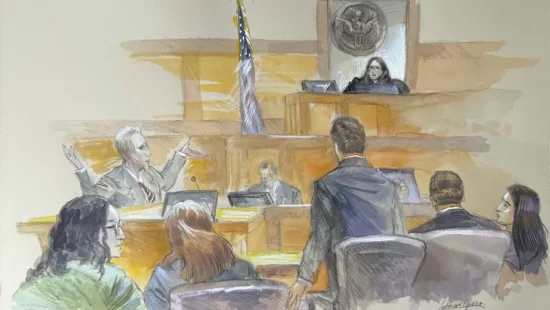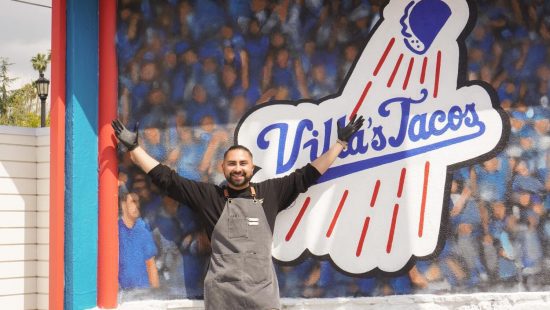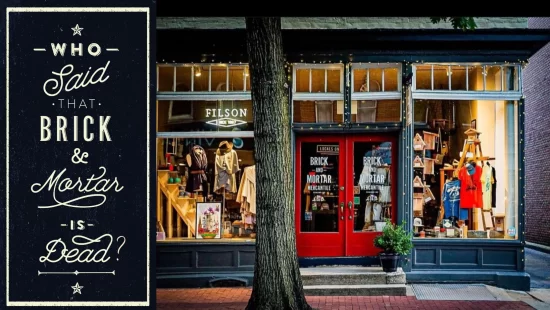Mario Cárdenas is one of the most well-informed voices within the Latino community, especially the Mexican one.
Originally from Sinaloa, Mexico, he worked for over twenty years at the iconic Plaza México—a melting pot, as he calls it—where he promoted unity and gatherings among Mexicans from different states.
“What’s happening now is breaking us out of the comfort zone we were in. The community is looking for options; we’ll come out stronger,” says the now-business consultant.
With the start of immigration enforcement operations in Los Angeles, a large part of the Latino community has been affected. Many have chosen not to leave their homes, looking for safe spaces to avoid encounters with ICE agents. This has caused chaos in the country’s economy—businesses lack people, and workers prefer not to go to their jobs.
“It’s unfortunate, but just like with the pandemic, we hope that this time we actually learn and can unite and work together. One of the problems we have with ICE operations is that Latinos are segmented—everyone pulls in their own direction. There are no leaders or organizations that unify the community. Everyone pulls in their own direction,” says the well-known Mexican.
For Cárdenas, there’s still a divide among Latinos. Those who are second or third generation, more assimilated, are present—but far removed from the working-class Latinos and recent immigrants.
“If we could find a way to unite, it would be a different story. For example, what happened to Senator Alex Padilla would never have happened to the Black community. We don’t have a leader, an organization that alone can pressure the (Donald) Trump administration,” he says.
Cárdenas is well aware of the damage the anti-immigrant operations are causing.
“Many businesses live day to day; many families live day to day. But now isn’t the time to just feel sorry for ourselves—we have to find a way to overcome this situation. Immigrants don’t give up. We move forward, no matter what barriers are placed in our path. It’s time to think about what we’re going to do—how to eliminate the segmentation within the community, to really care about building unity. We’re a very strong community, but very divided,” he says.
According to this activist, immigrants are very good at adapting to change. They have a fighting spirit. They know there are ways to grow—they already left behind their country, their home. They won’t stop now.
“We have a communication gap. But part of my job is to insist that even from home, people can do things—selling, teaching classes. The computer opens up many opportunities; we need to take advantage of them. We have a huge market, but we’re amorphous, and we often don’t take advantage of it,” he says.
Mario has worked for a long time with hometown clubs—groups of immigrants from Michoacán, Sinaloa, Jalisco, and other states who found in Plaza México a supportive institution, and in Mario Cárdenas, a caring and committed ally.
These federations or hometown clubs maintain direct communication with thousands of immigrants from their home states. That’s how they’re responding in this emergency.
“We have groups on social media. If someone needs a lawyer, we refer them. If they need other help, we all pitch in. That’s what we lack as a community. Many times, we’re a people with short memory—emotion wins out,” he adds.
One reflection of what he says comes from local merchants. Many call him looking for places to sell their products. They can’t find any. The products spoil.
Mario is a typical immigrant. Born in Bamoa, in the municipality of Guasave, he decided at 27 to seek better opportunities and join his brothers who were already in Los Angeles. First, he went to Baja California, then began the journey “to the other side.”
Upon arriving, he was lucky to connect with Plaza México.
“I watched the progress, then helped one of the architects. Later, I was contacted by the manager, who offered me a job. I’ve always tried to stick to my goal—supporting the community. Every situation teaches us something. Right now, we need to prepare, learn, and be ready. There are many people with great needs—advice, guidance is always necessary.”
CONTACT:
bamosura@gmail.com
310-350-3709








